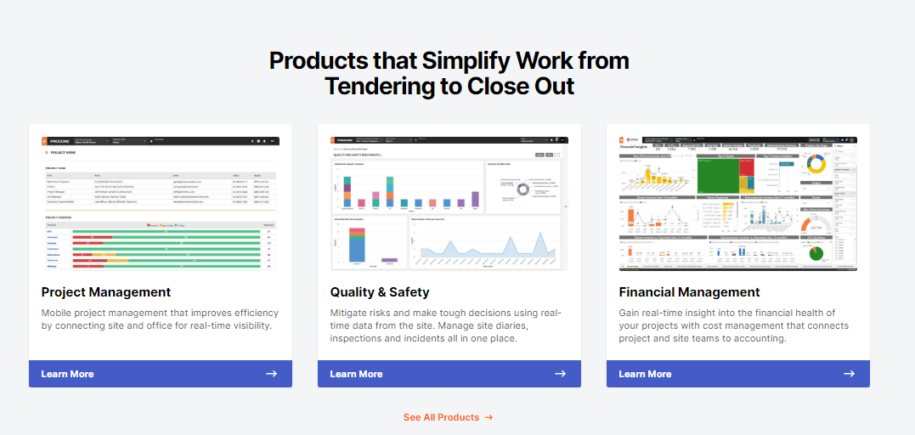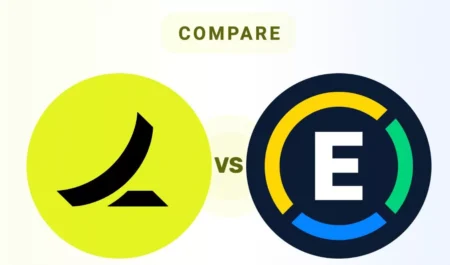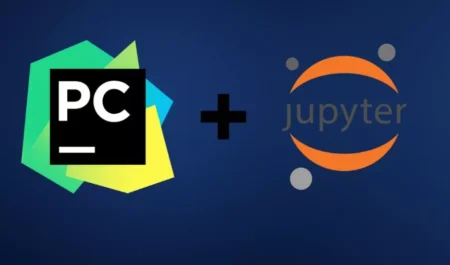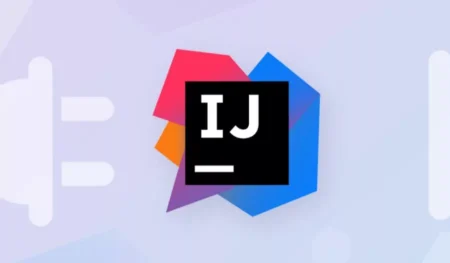17
In the realm of construction management, Fieldwire and Procore are both platforms that offer a variety of capabilities that are specifically designed to meet the requirements of the sector. Because of its emphasis on job management, plan viewing, and collaboration, Fieldwire is ideally suited for use by smaller construction teams who are looking to coordinate their projects more effectively.
On the other hand, Procore provides a comprehensive suite of construction management tools, which includes project scheduling, budgeting, and document management. These tools are designed to meet the requirements of larger construction companies that have more complex project requirements. In contrast to Fieldwire, which specialises in simplicity and task-oriented administration, Procore stands out for its extensive feature set and scalability, making it suited for managing large-scale construction projects with a variety of requirements.
Fieldwire vs Procore Comparison Table
When it comes to construction management, Fieldwire and Procore are indispensable tools. Fieldwire is exceptionally user-friendly and straightforward, making it an excellent choice for smaller teams that require effective coordination.
| Feature | Fieldwire | Procore |
|---|---|---|
| Interface | Intuitive and streamlined interface | Feature-rich interface with learning curve |
| Integrations | Limited options | Wide range of integrations and robust API |
| Support | Email support, knowledge base | Email support, knowledge base, phone assistance, in-person training |
| Security | GDPR and HIPAA compliance | SOC 2 Type II compliance |
| visit website | visit website |
Fieldwire vs Procore: User Interface and Usability Comparison
Fieldwire and Procore both place an emphasis on user-friendly interfaces, but in different ways each system does it. Fieldwire is distinguished by its user interface, which is both straightforward and streamlined, with an emphasis on simplicity and ease of usage. On the other hand, Procore has a user interface that is fully loaded with features, which necessitates a more steep learning curve for novice users due to the extensive range of tools and functionalities it offers.
Procore’s depth of functionality caters to more complicated project needs, making it interesting to users who are looking for substantial project management skills despite the initial commitment in learning the software. Fieldwire excels in accessibility and clear navigation. In the end, the decision is determined by the preferences of the user and the requirements of the project, striking a balance between simplicity and complete capability.
Fieldwire vs Procore: Integration Capabilities
A wide variety of connections with industry-standard software and a comprehensive application programming interface (API) for custom integrations are just two of the many reasons why Procore has a significant advantage in terms of integration possibilities. However, despite the fact that Fieldwire does offer integrations, the alternatives it provides are relatively more restricted.
Through its vast integration ecosystem, Procore is able to expand its adaptability by enabling smooth collaboration and data exchange across a variety of tools and platforms. This can be especially advantageous for larger construction projects that require interoperability among different software systems. In the meanwhile, Fieldwire’s more concentrated approach might be sufficient for projects that are less complicated, but it might present difficulties for projects that require extensive integration with products from other software organisations.
Fieldwire vs Procore: Customer Support and Training Options
Fieldwire and Procore both provide help through email and knowledge bases for its customers. On the other hand, Procore continues to go above and above by offering both phone support and in-person training sessions. Procore’s customer service is improved by this additional support, which provides direct communication channels and opportunity for hands-on training.
These opportunities can be extremely helpful for users who require personalised assistance or full onboarding. While the support choices provided by Fieldwire are enough for a large number of customers, the expanded support services provided by Procore cater to a wider variety of requirements. These services ensure that users have access to the resources and assistance that are necessary for effective project management and the utilisation of the features offered by the platform.
Fieldwire vs Procore: Security and Compliance Features Comparison
According to Fieldwire and Procore, user data security and compliance are of the utmost importance, and both companies have implemented strong safeguards to protect sensitive information. HIPAA and GDPR rules are followed by Fieldwire, which guarantees the safety of personal information and privacy. On the other hand, Procore is in compliance with SOC 2 Type II, which indicates that it adheres to stringent standards for both security and privacy issues.
Strong encryption algorithms are utilised by both systems in order to ensure the safety of data transit and storage. Instilling confidence in users regarding the confidentiality and integrity of their data is vital for preserving trust and compliance in the construction management sector. Fieldwire and Procore do this by adhering to the regulations and standards that are prevalent in the industry.
Which is better?
To determine which of Fieldwire and Procore is superior, it is necessary to take into account the particular requirements and preferences of the construction project. Fieldwire is an excellent choice for smaller construction teams who are primarily concerned with coordinating projects in an effective manner because of its simplicity and task-oriented management structure.
Procore provides a full suite of construction management tools, which are designed to meet the requirements of larger companies working on complicated projects. These features include documentation management, budgeting, and scheduling. Fieldwire is a good option for projects of a small to medium size that require efficient task management. On the other hand, Procore is more suitable for large-scale projects that have a variety of requirements and require a wider range of management tools.
Fieldwire: The good and The bad
Without a doubt, an outstanding application for building. We utilise it for tasks related to investigations, tracking progress, and keeping track of deficiencies. Every single thing.
The Good
The Bad
Procore: The good and The bad
The software for managing projects is excellent and comprehensive. The specialists in the construction industry are the target audience for this package, which offers a comprehensive method of handling several projects.










Leave a Reply